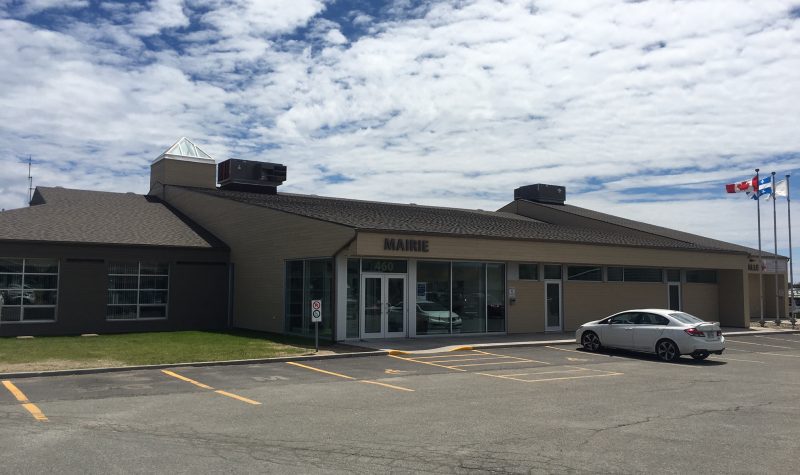Magdalen Islanders will have a 1 per cent increase in their property tax bill in 2021, while service taxes and taxes on commercial and industrial buildings are maintained at their current level, according to the projected 2021 municipal budget.
The 2021 budget of the municipality of the Islands is balanced at $27,663,000. The 2020 budget was $26,451,000.
When the budget was prepared in October, the Consumer Price Index (CPI) was 0.5 per cent.
But Mayor Jonathan Lapierre said that certain expenses, such as Sûreté du Québec fees, service tax rebates for low-income seniors and investments in road repairs are invariably on the rise, and that Magdalen Islanders have experienced tax indexation below inflation in recent years.
The real estate market and property taxes:
The increase represents $21 on the tax bill of an average residence estimated at nearly $140,000 on the last assessment roll covering the period from 2020-2022.
The mayor expressed concern that house prices have skyrocketed in recent months which could result in a commensurate increase in the tax bill when the document is filed in 2023.
He states that the municipality has no jurisdiction in the trading of private residences, but that in the event of a disproportionate increase in selling prices, an adjustment of the tax rate, set in 2021 at $1.11 per $100 of evaluation, could compensate for a too strong increase in values for the citizens' ability to pay.
Municipal debt:
From 2018 to 2019, the debt ratio decreased from 24 to 20 per cent of the value of municipal fixed assets, which amounted to $104 million in the last consolidated fiscal year.
This is a comfortable threshold for the institution's borrowing capacity, according to Lapierre.
A sum of $88,000, drawn from accumulated surpluses, is planned for the repayment of the debt. By comparison, this amount was $280,000 last year.
Highlights on the municipal spending side
In terms of expenditures, there was a decrease of almost $300,000 in the environmental health sector.
The mayor explained that a user-pay pricing by-law is expected to be adopted during the year for voluntary deposits of waste from businesses and industries at the Waste Management Centre.

Director of Finance at the Municipality of the Islands Danielle Hubert. Photo by CFIM.
Director of Finance Danielle Hubert points out that the increase in planned spending on culture and heritage, from $75,000 in 2020 to $211,000 in 2021, comes from a new three-year agreement with the Ministry of Culture and Communications.
Here is Hubert speaking with CFIM (in French):
The department, which recognizes the archipelago's insularity in its funding agreements, increases its contributions, which in turn increases the community's share of funding for eligible projects.
Priority projects in 2021:
Priority development projects planned for 2021 include the usual investment of $1.5 million from a borrowing by-law for road maintenance.
An additional $100,000 is being added to the recurrent fund, which will reach the target of $500,000 next year.
Combined with the annual loan, this means that $2 million per year should be spent on municipal roads starting in 2022.
On the other hand, according to the mayor, work to repair the roads on Entry Island should begin this year.
He added that administrative steps had first to be completed prior to the launch of construction sites.
There are also plans to expand the Jean-Lapierre library at the Maison de la Culture, since the idea of a new building near secondary schools and colleges has been abandoned.
On the list of projects to be developed this year: Public consultations on the Landscapes Project; the creation of a dog park near Anse aux Baleiniers; the continuation of the first phase of the Écoquartier; the reconstruction of the La Grave pedestrian precinct; the relocation of a municipal hall to Grande-Entrée to replace that of the Capitole de l'Est; Erosion protection work on La Grave and at Cap-aux-Meules; the construction of a bicycle path; the relocation of the Cap-aux-Meules bicycle path; and the conversion of the Havre-aux-Maisons arena.


